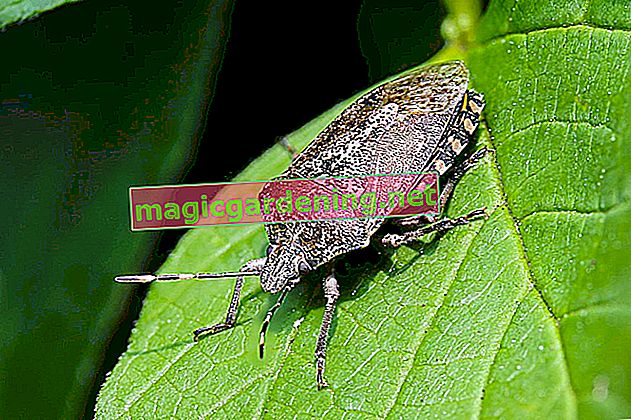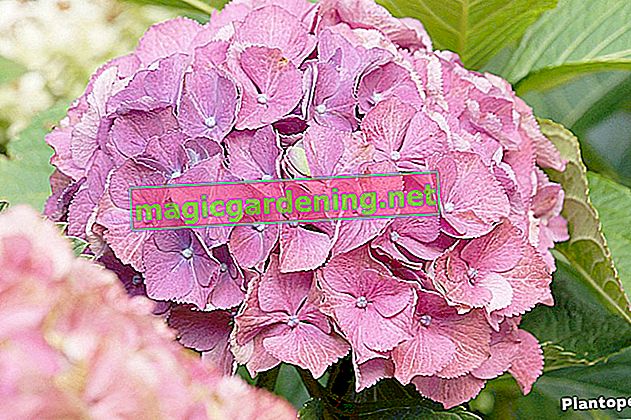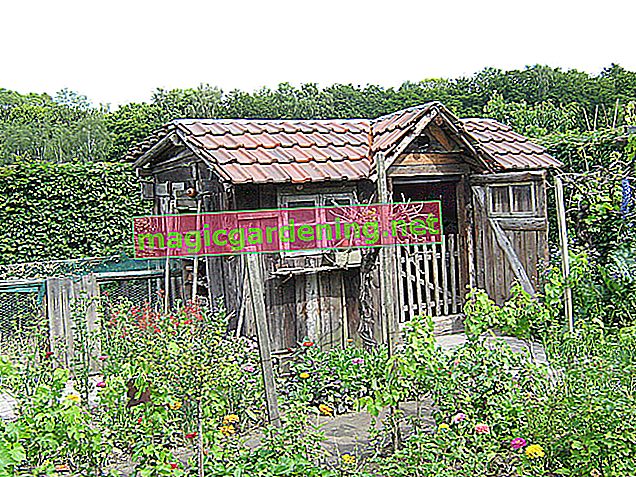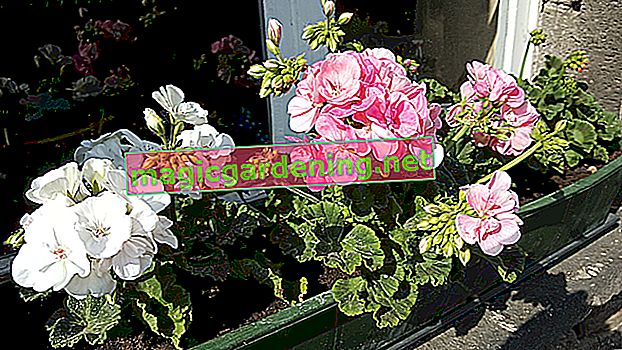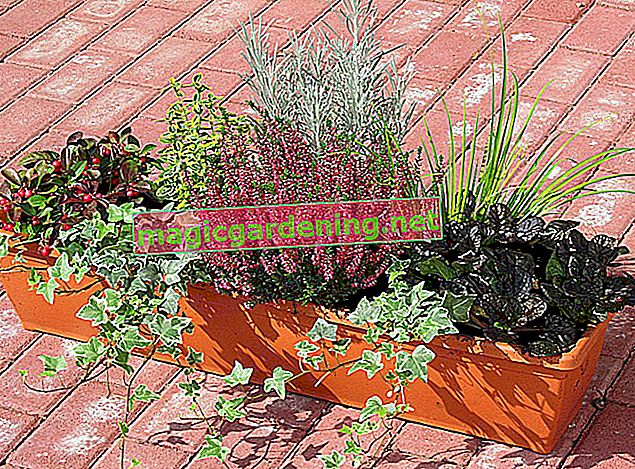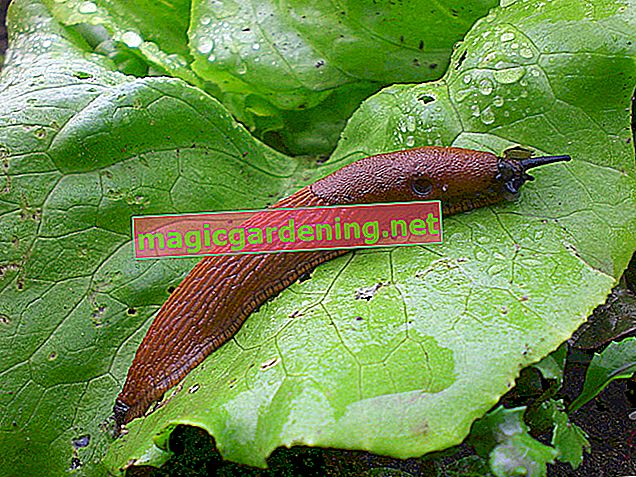
How do fleas get into the garden?
Names such as bird flea, hedgehog flea or mole flea express the close relationship between the respective flea species and its main host. For better or for worse, the fleas are of course not tied to a specific host, because in times of need the bloodsuckers are not picky. After a mild winter, pests can awaken if their traditional blood suppliers are still in hibernation or in the sunny south. In this case, the beasts have no qualms about attacking the hardworking gardener.
also read
- Fighting fleas in the garden - this is how it works
- The best home remedies for fleas
- These balcony plants repel mosquitoes - the 10 best plants against mosquitoes
Immediate measures and home remedies - this is how you ward off fleas
If you have discovered the first fleas or their bite marks on your skin, you will be active immediately. Fleas multiply explosively and do not stop in front of your apartment. To combat the pests in the garden, no permitted means are currently available. How to act correctly now:
- Put all of your clothes in a plastic bag and place in the freezer
- Examine all exposed parts of the body regularly and wash them several times a day
- Before entering the garden: spray with Autan, put on rubber boots and long trousers
- Do not allow children and pets to garden until the end of the plague
- Flea trap: fill deep plates with soapy water and place a candle in the middle
Usually the spook is over when the main hosts return to the garden. You won't have to deal with fleas for more than 4 to 6 weeks. At the latest when the frost arrives in winter, your green kingdom will be freed from the plague. If you take the recommended preventive measures during the cold season, you will be spared the itchy pain for the next year.
Effective preventive measures - this will save you from fleas
Fleas and their brood overwinter in the nests of their main hosts to wait for their return next spring. By disposing of abandoned nests and cleaning nesting holes in winter, you also remove the potential flea infestation. It is important to note that nesting material is not disposed of with the compost, but rather goes into household waste in a plastic bag.
Tips
Fighting rats in the garden with deadly poison or snap traps is closely linked to the risk of rat fleas subsequently passing on to humans. The dangerous disease carriers are happy to choose the gardener as a substitute host if their main host has been killed. By scaring off the pests, you avoid this danger. Otherwise, it should be ensured that any dead rat is removed from the garden as soon as possible.


